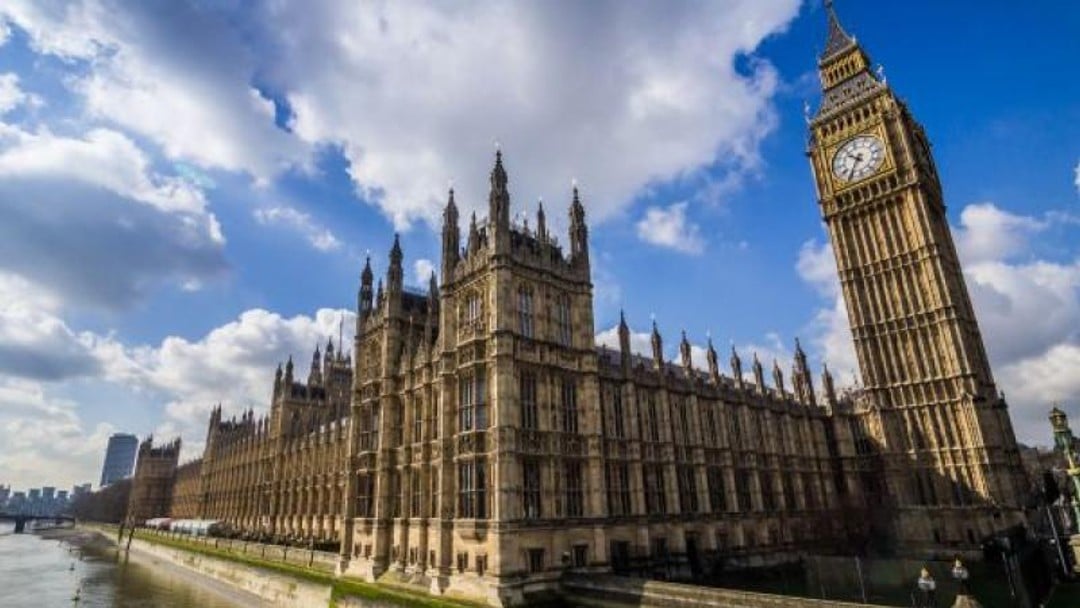The separation of powers and the exclusive cognisance of parliament

Rupert Bowers QC and Daniel Godden examine the constitutional importance of parliament's assertion of privilege in a recent case against a Tory peer
Rupert Bowers QC and Daniel Godden examine the constitutional importance of parliament's assertion of privilege in a recent case against a Tory peer
On 30 September 2015, Lord Hanningfield was charged with an offence of false accounting. On 18 July 2016, the first day of his trial, the Crown offered no evidence. The prosecution was unable to continue due to a late intervention by parliament which stated that only it had jurisdiction over the subject matter of the indictment. The intervention by parliament, which knowingly halted a criminal prosecution, was unique in modern legal history.
Lord Hanningfield was indicted on a single count of false accounting that arose from his having submitted a claim for the daily attendance allowance at the House of Lords in the month of July 2013. Members of the House of Lords are entitled to claim a daily allowance of £300 (or £150) for every qualifying day of attendance at sittings of the house or its committees in Westminster.
To be entitled to claim, the member must both physically attend and also certify that he has undertaken 'parliamentary work' on each date of claim. Parliament had chosen not to define what constituted 'parliamentary work' and it would have been necessary for the Crown to prove that Lord Hanningfield had done no such work on a given day for which he had made a claim. It was the determination of what work could constitute 'parliamentary work' over which parliament claimed it had what constitutional lawyers call 'exclusive cognisance', meaning the courts had no jurisdiction over the issue.
The privileges of parliament protect freedom of speech and allow parliamentarians to discharge their duties free from liability to suit or prosecution. Article IX of the Bill of Rights 1689 prevents the questioning of anything said or done in parliament in any place outside the houses. Exclusive cognisance underpins all of parliament's privileges, but also extends over certain matters that do not derive their existence from statute, which will always fall to be interpreted in meaning and scope by the courts, but from the law and custom of parliament. As was said in Bradlaugh v Gosset [1883-4] LR 12 QBD 271:
'The jurisdiction of the houses over their own members, their right to impose discipline within their walls, is absolute and exclusive. To use the words of Lord Ellenborough, "They would sink into utter contempt and inefficiency without it".'
Put bluntly, parliamentary privilege is an exception to the general principle of the rule of law, but its existence draws the somewhat uncertain line between the powers of the legislature and those of the courts. As such, parliamentary privilege is a fundamental part of our constitutional arrangement and recognised by the European Court of Human Rights in A v The United Kingdom [2002] ECHR 35373/97.
The Crown relied on the declaration made on the form signed by Lord Hanningfield as the relevant document used for an accounting purpose on the single count on the indictment. The false statement was said to be the signature on the certificate:
'I certify that… [I] have undertaken parliamentary work on the dates specified…'
Parliament maintains an exclusive ability to punish its members for breaches of privilege, or for contempt. So, parliament may discipline its members, and the House of Lords disciplined Lord Hanningfield in relation to the above declaration. However, the self-certifying claim that 'parliamentary work' had been conducted on each day for which a claim was made, was based on a subjective judgement of what falls within that undefined class of activity. The assertion of privilege over the meaning of 'parliamentary work' for the purposes of the expenses scheme meant that any objective assessment of this otherwise undefined term lay within the disciplinary process of the House of Lords, and not with a jury.
Once parliament claimed privilege it was theoretically open to the Crown to contest the claim as being one that was properly made (see Canada (House of Commons) v Vaid [2005] 1 R.C.S 667), or that parliament had waived any such privilege. However, the Crown in this case respected the claim and the constitutional importance of the separation of powers.
Constitutionally, the blurred lines that separate the powers of the legislature and the courts are considered infrequently, but while parliamentarians may, on occasion, opine that unelected judges curtail the will of the people in a representative democracy when the decisions of government ministers are found to have been taken unlawfully, they may now reflect upon the importance of those powers remaining separate from those they exercise on behalf of the public.
Rupert Bowers QC is a barrister practising from Doughty Street Chambers and Daniel Godden is a partner at Berkeley Square Solicitors. Both represented Lord Hanningfield

